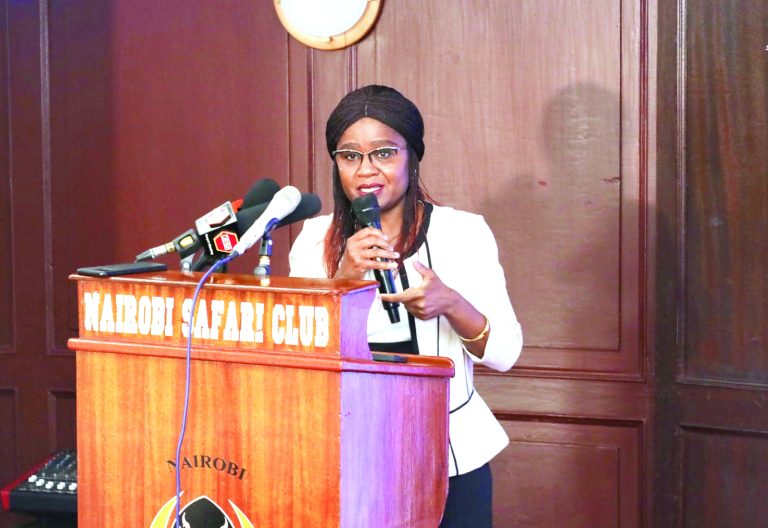Single ‘bread-earner’ tag contributor to deaths among men with TB

The ‘single bread-earner’ household tag is contributing to the high death incidents among men who are struggling with Tuberculosis in Kenya, a new survey by the Light Consortium shows.
Those in casual, informal or insecure employment, the survey conducted in Nairobi further indicates that they tend to prioritise income generation and providing for their families over their own health needs.
Conducted in four sub-counties in Nairobi, the study shows that various attempts by many health facilities to reach men through outreach activities in popular gathering places with health information and TB screening services have not borne fruit.
“Men prioritise work over healthcare to fulfil their gender roles as income earners, especially those that work in industries or as casual labourers have limited power to take time off work Limited clinic days and opening hours make it more difficult for working men to visit the facility,” the study covering Kibra, Lang’ata, Embakasi and Ruaraka says.
Participants involved 19 nurses and 10 clinical officers/doctors – 20 women and 9 men – from 16 public health facilities; 5 faith-based hospital, and 4 private health facilities.
Salome Ndeto, a clinical officer at Reuben Level 3 hospital who took part in the study expressed concern that of the men the facility has handled sought diagnosis for TB screening when the disease had advanced.
“They often have limited control over taking time off work, making it harder for them to seek and sustain healthcare,” she said yesterday during a media science cafe involving editors.
Dr Rose Oronje Director, Public Policy & Knowledge Translation, & Head of Kenya Office at the African Institute for Development Policy (AFIDEP) noted that gender plays a significant role in determining health outcomes, particularly in ensuring equitable access to quality TB prevention and care.
She noted that people of different genders face different challenges in accessing TB services, necessitating tailored solutions to ensure inclusivity.
“Addressing these disparities is essential for reducing TB-related deaths, preventing transmission, and achieving health equity,” she said during a ceremony to mark World TB Day in Nairobi.
She said that this year, Kenya has the opportunity to demonstrate leadership in TB response.
This includes championing gender-responsive approaches through heightened awareness, strengthened partnerships, and increased funding for impactful interventions, she noted, suggesting that specifically, this can be achieved by expanding men’s access to TB prevention and care services, increasing treatment coverage among men, and addressing social and structural determinants that heighten TB risks among men.
“As the LIGHT Consortium, we are proud to be among the key stakeholders supporting this event,” she said.
Men’s challenges of late TB diagnosis and disengagement from TB care are driven by gender-related roles and expectations, Dr Oronje said.














